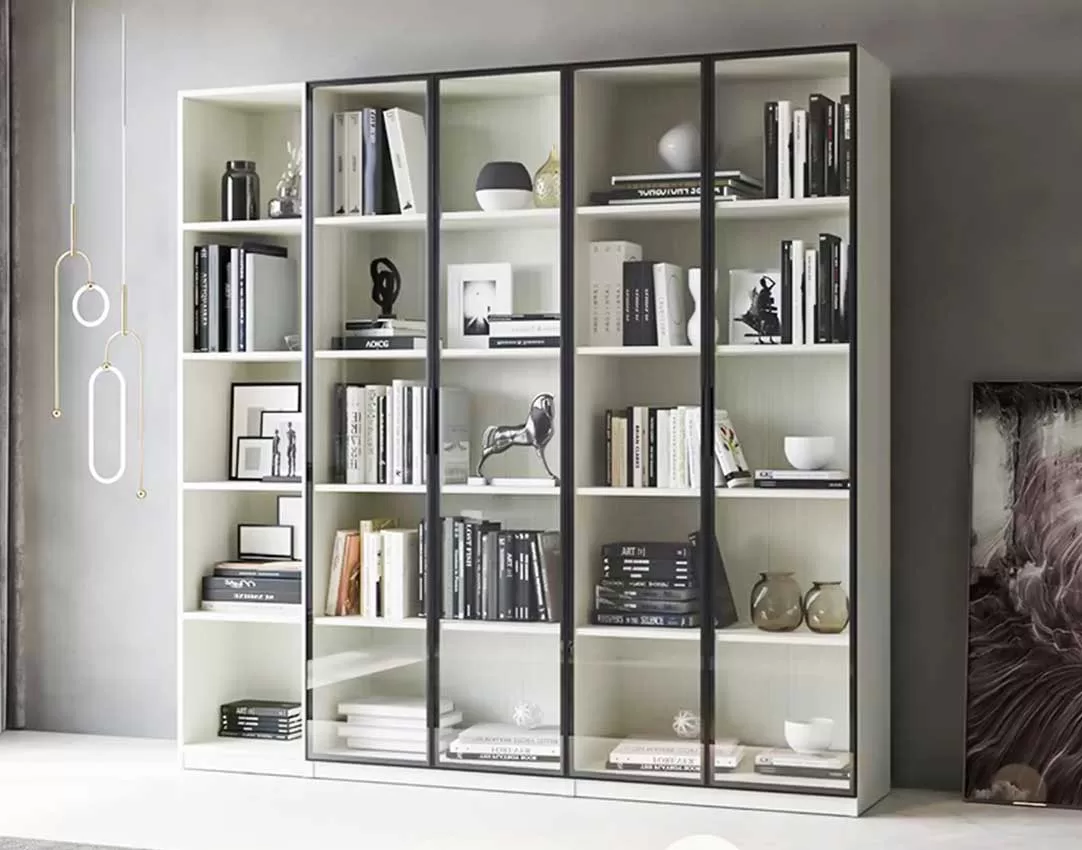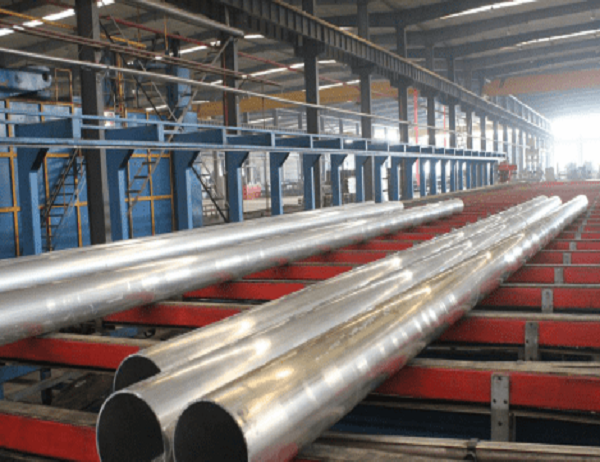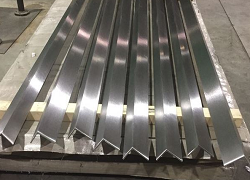Solar panel aluminum profiles are essential components that play a crucial role in the structural integrity, durability, and overall performance of solar panel systems. Choosing the right type of profile for a particular application requires careful consideration of factors such as strength, corrosion resistance, and ease of installation. This article provides an in-depth comparison of different types of solar panel aluminum profiles to guide informed decision-making.
There are primarily three main types of solar panel aluminum profiles:
Framed Profiles
Framed profiles consist of an outer frame that surrounds the solar panel and provides structural support. They offer superior protection against mechanical stress and impact, making them suitable for applications in harsh environments. Framed profiles are typically made of heavy-duty aluminum alloys and can accommodate solar panels of various sizes.
Non-Framed Profiles
Non-framed profiles, also known as rail-less profiles, provide a sleek and aesthetically pleasing appearance. They consist of individual rails that are attached directly to the solar panel’s edges, creating a minimal structural framework. Non-framed profiles are lightweight and easy to install, making them a popular choice for residential and commercial rooftop applications.
Integrated Profiles
Integrated profiles combine the structural support of framed profiles with the aesthetics of non-framed profiles. They feature a slim frame that is integrated into the solar panel itself, providing both protection and a clean, uniform appearance. Integrated profiles offer a balance between structural strength and visual appeal, making them suitable for various applications.
When selecting solar panel aluminum profiles, consider the following factors:
Strength
The strength of the profile is crucial for ensuring the structural integrity of the solar panel system. Framed profiles typically offer the highest strength, followed by integrated profiles and non-framed profiles. The choice depends on the specific load requirements of the application.
Corrosion Resistance
Solar panel profiles are exposed to outdoor elements that can cause corrosion. Aluminum alloys with high corrosion resistance, such as 6005-T5 and 6063-T6, are recommended for long-term durability in harsh environments.
Ease of Installation
Non-framed profiles are generally easier to install than framed profiles. They require less components and can be assembled quickly. Framed profiles may require more time and effort to install, but they provide better protection during the installation process.
Aesthetics
The appearance of the solar panel system can be an important consideration. Non-framed profiles offer a low-profile and modern aesthetic, while framed profiles can provide a more traditional or industrial look. Integrated profiles combine the advantages of both, resulting in a clean and visually appealing appearance.
Choosing the right type of solar panel aluminum profile is essential for optimizing the performance and lifespan of a solar energy system. By carefully considering factors such as strength, corrosion resistance, ease of installation, and aesthetics, informed decisions can be made to meet the specific requirements of the application. The insights provided in this article empower readers to make informed choices that maximize the efficiency, durability, and visual appeal of their solar panel installations.



